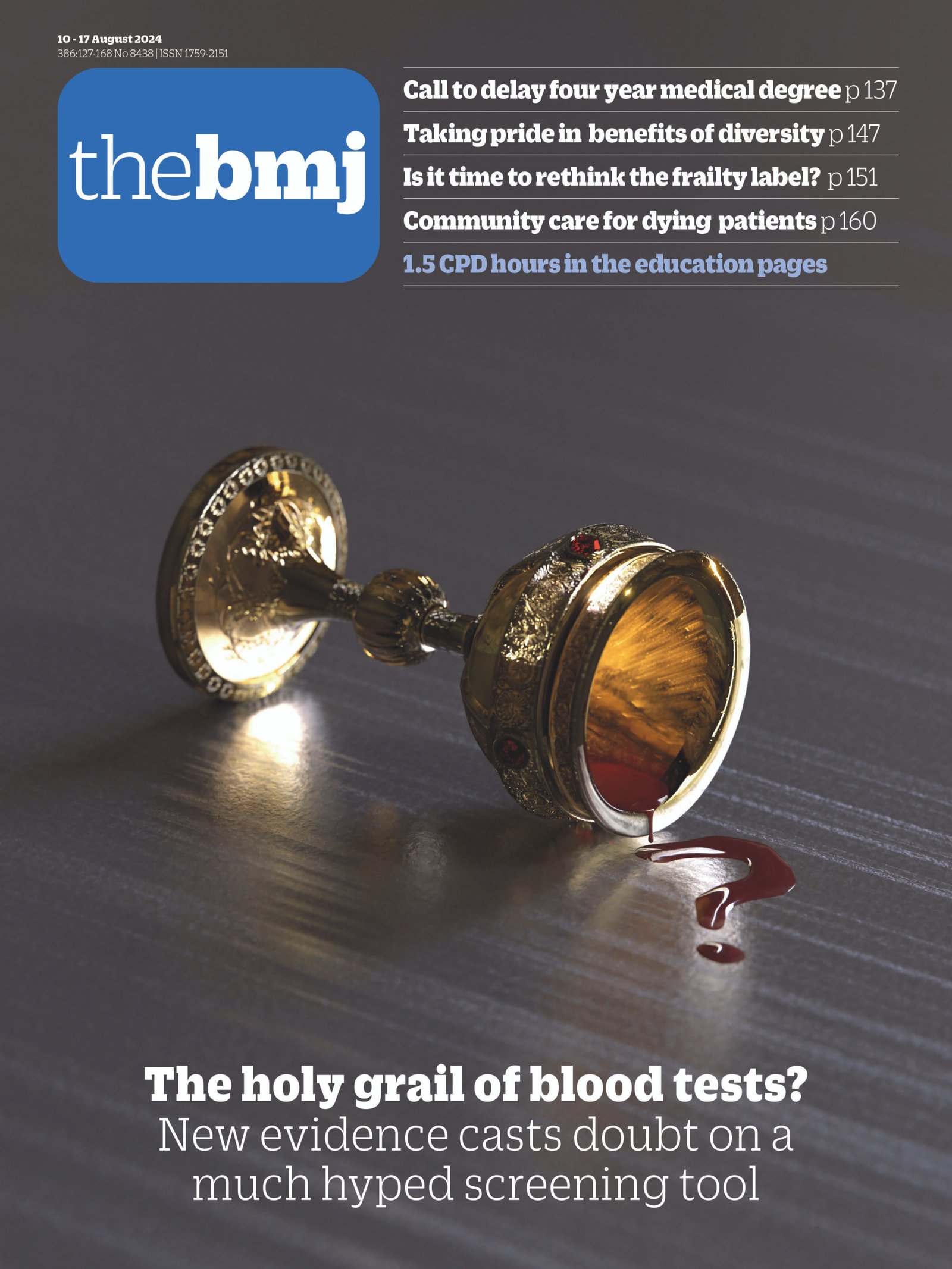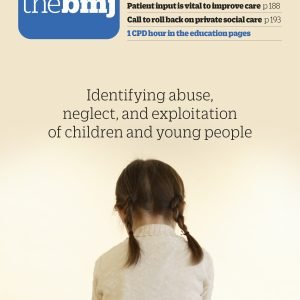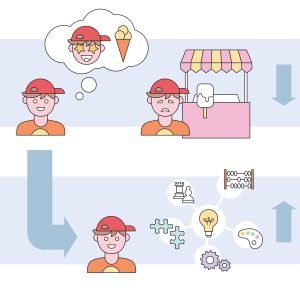
- Rachel Wright, founder and director, Born at the Right Time
I am a qualified nurse, wife of a GP, and parent of a young man with complex disabilities. As I navigate the healthcare system as a carer for my son I sometimes feel as though I’m being fed a line about empowerment, while using a healthcare system that doesn’t listen. The stories of Martha Mills1 and Oliver McGowan2 show the tragic consequences of patients and parent carers not being believed or heard. As a parent carer, I do not need an empowerment programme, I need a healthcare system that doesn’t disempower my voice, authority, and expertise. This is something I experienced at the point of my child’s diagnosis and throughout our dependence on healthcare services.
At every step of my son’s life, I am scrutinised by healthcare practitioners and the systems they function within. For example, when attempting to start my son on a blended diet—giving him the same food as his siblings through his percutaneous endoscopic gastrostomy tube—I was notified by our local healthcare team that I would need to have my kitchen inspected, attend an online food hygiene course, and sign a document stating I was aware that my actions may result in him suffering from fatal peritonitis.
This level of observation is not unusual. I function in a healthcare system known to exhibit institutionalised bias against parent carers, which creates a culture of blame where problems experienced by children with disabilities are either attributed to parental failings or viewed suspiciously.3 Personal independence payment forms, continuing healthcare assessments, and personal health budget processes are used to assess medical needs, yet from my perspective as a parent carer, they come with a strong sense of mistrust, observation, and scrutiny. The requirement to validate healthcare needs through proof amplifies the experience of disempowerment and loss of control.
Emerging evidence shows that the physical and mental health of parent carers is worse than that of the general population,45 with research indicating this is because of the challenge of navigating a complex health and social care system.6 Possibly as a result, programmes supporting parent carer wellbeing through empowerment are shooting up around the country,789 but I fear that these programmes aren’t tackling the problem where it lies.
Empowerment programmes focus on parent carers being better equipped instead of fixing the broken system that can undermine and traumatise them. It is possible that ticking boxes through well-meaning training programmes is making parents carers more vulnerable to trauma. They may believe that they have power and autonomy, when in fact there is no tangible shift in power within the healthcare system.
The systemic structures and cultures which disempower parent carers, taking away their voice, minimising their expertise, and creating hurdles need to be identified and then dismantled. I am worried that the fallacy of empowerment is complicit in perpetuating a broken healthcare system that actively and inadvertently traumatises parent carers. The system allows parent carers to suffer, not because of their child’s impairment, but more so because of the stress imposed by navigating health and social care services.6
Instead of a real shift in power and authority, a smoke screen of empowerment hides a biased system where practitioners still hold all the control. Whether it be declining the funding for specialist services, limiting opportunities for respite, or laying down a gauntlet of policies and procedures, families are at the behest of services. It can feel as though the professionals and systems put in place to support your child are in fact detrimental to your family’s quality of life. With this disconnection between the rhetoric of empowerment and the experiences of parent carers, the implementation gap grows along with the potential for trauma and conflict.
As a parent carer, I can see the benefit of empowerment programmes as I am fully aware of the number of times I lean on my clinical training to navigate the healthcare system and its relentless stumbling blocks. But rather than teaching every parent carer how to navigate a poor system, it would be better if we could offer a healthcare system which is co-ordinated and works collaboratively across the multidisciplinary team and with parent carers. This means not simply working in silos but having shared outcomes determined by the child and families who support them. Empowerment comes through a system that employs shared decision making in every consultation and is transparent about the delivery and limitations of systems and practitioners. Empowerment is provided when a healthcare service connects with our humanity above a diagnosis, listens to understand our context and needs, and importantly doesn’t take away my power and expert voice as a parent carer in the first place.
Footnotes
-
Competing interests: Rachel Wright is director of Born at the Right Time, an organisation focused on improving the lives of people through training practitioners and healthcare services on collaborating and communicating effectively with parent carers.
-
Provenance and peer review: commissioned; not externally peer reviewed.







